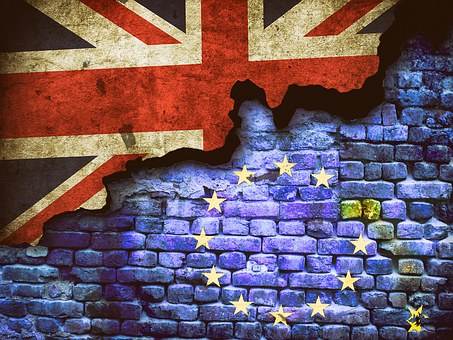This is an old trader saying. What does it mean? Say that there is outcome A which, if it happens, is widely regarded as being “good” for a currency, so that if outcome A happens, we can expect the value of that currency to go. A rumor hits the market that outcome A is about to happen or become very likely to happen. This is the time to buy and when the major move up by that currency happens. Then outcome A happens, or is confirmed as something that will happen. At this point, the currency sells off, counterintuitively.
What happened here? It was a good idea to buy the rumor and sell the fact. The events of the past few days regarding the British Pound is a perfect example of how this scenario plays out.
Last Sunday, major British newspapers reported that the British Prime Minister would announce her government would pursue a “hard Brexit” in a scheduled speech on Tuesday. The price of the benchmark GBP/USD was already in a clear long-term downwards trend and approaching historic lows. Every time a “hard Brexit” has looked more likely to happen, the value of the GBP has fallen, and it has been clearly understood within the market as a negative development for the GBP, at least in the short-term. As it happened, the “rumor” was released on a Sunday when the market is closed, but had the market been open, it would have been the perfect time to sell the GBP/USD currency pair short. When the Forex market opened for the week in Asia, the GBP/USD pair opened strongly gapped down, just below the psychologically key 1.2000 level.
Today in her speech the British Prime Minister confirmed her government is pursuing a hard Brexit and the GBP/USD has so far risen by more than any other day since 2008! Some of this is attributable to her promise that both Houses of the British Parliament will be voting on any final deal Britain will make with the European Union. Many analysts are seeing that as making a more “pro-market” deal increasingly likely, as Parliament has an anti-Brexit majority.

